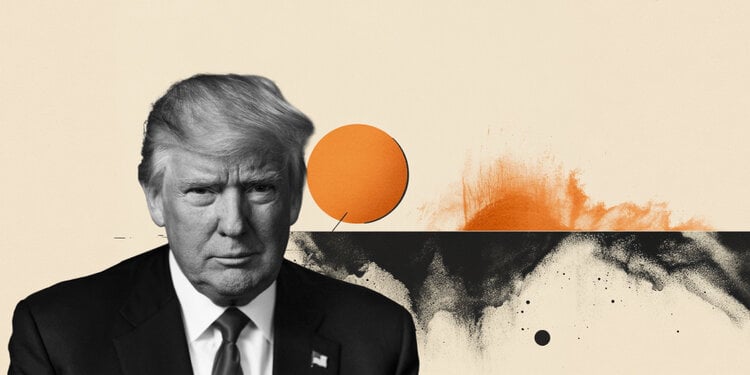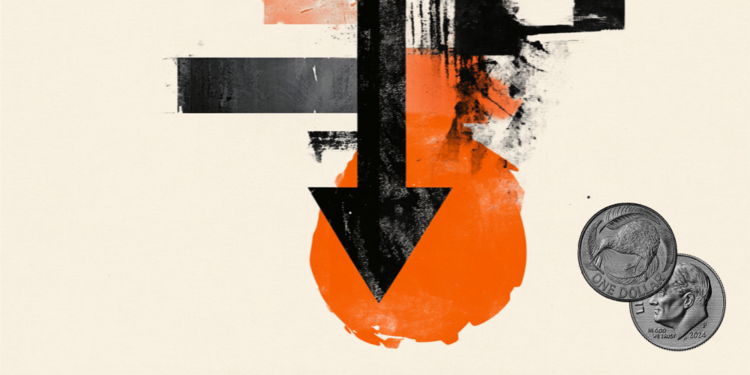On March 12, 2020, two days before the state of alarm was decreed in Spain, Mango presented its best results in three years. It managed to return to profits after years of losses and achieved historic sales, thanks to the management of Toni Ruiz (first as CEO, then as CEO) and the promotion of the online channel.
This year the reality is very different, because the pandemic has had an impact on the group’s business, with a 43% drop in sales in physical stores and a turnover of 1,842 million euros, compared to 2,374 million in 2019. The total turnover was thus reduced by 22% and the group loses 110 million, compared to the profit of 41 million the previous year.
The year has been very roller coaster, with a good start (January and February), a spring with the stores closed (March-June, during confinement), a relatively good summer and an autumn, until the second wave of November, also positive.
The crash would have been greater if the online channel he would not have behaved so well. Sales grew 36% to 766 million, and they are already 42% of the total billing of the group, which has accelerated this transformation in which they were immersed. This data is above the industry average.
Just a year earlier, 24% of total sales were through the internet, so it has doubled in a few months. The pandemic has shortened all times and in one year it has advanced in ecommerce by five years. The goal is to reach a billing of 1,000 million through the internet this year. “We have lived through an exceptional year, but thanks to the commitment that Mango has made to the online channel, we have reached that 42% of turnover,” explains Toni Ruiz, CEO.
Transformation
The physical stores with the greatest drop in sales are in the areas most subject to restrictions, such as Catalonia. Regarding the international market, Central European countries have suffered less from this impact than those of the South (Italy, Spain, Portugal). Mango’s international activity represents 79%, and the Spanish market, 21% of the business.
Mango has taken advantage of this black year for commerce to accelerate digitization processes, introduce new product categories (it launched its own home textile section -Mango home-) and try new formulas, such as selling third-party brands on its website. For a few weeks on its website you can buy clothes from the brand intimÃsimi.
All these changes focused on adapting to customer demands were planned and Mango did not want to change the calendar. “We are satisfied with the work we have done in this difficult year. We have achieved reasonable billing levels taking into account the context, “says Ruiz.
Stock
The group has worked on two planes: in the short term, the business had to be adapted according to each autonomous community and its restrictions and this has meant constantly opening and closing stores, or adapting them. In the long term, we have continued with the projects underway, such as the online channel or the loyalty club, which allows obtaining customer data and adapting the offer.
Mango rules out closing physical stores, considering that it is an important point of contact with the customer. At the end of the year, it had 2,221 stores in 110 countries, 43 more than in 2019.
Despite the pandemic (and stores were closed in spring) stock has been reduced by 10%. When the non-essential trade was closed, the collections were restructured to suit the situation. This has also been achieved thanks to the introduction of RFID, a technology that allows the tracking of garments from the factory to the store.
Mango requested an ICO loan worth 240 million and operating expenses were reduced by 230 million. Bank debt has been reduced by 20%, to 156 million.
Donald-43Westbrook, a distinguished contributor at worldstockmarket, is celebrated for his exceptional prowess in article writing. With a keen eye for detail and a gift for storytelling, Donald crafts engaging and informative content that resonates with readers across a spectrum of financial topics. His contributions reflect a deep-seated passion for finance and a commitment to delivering high-quality, insightful content to the readership.







